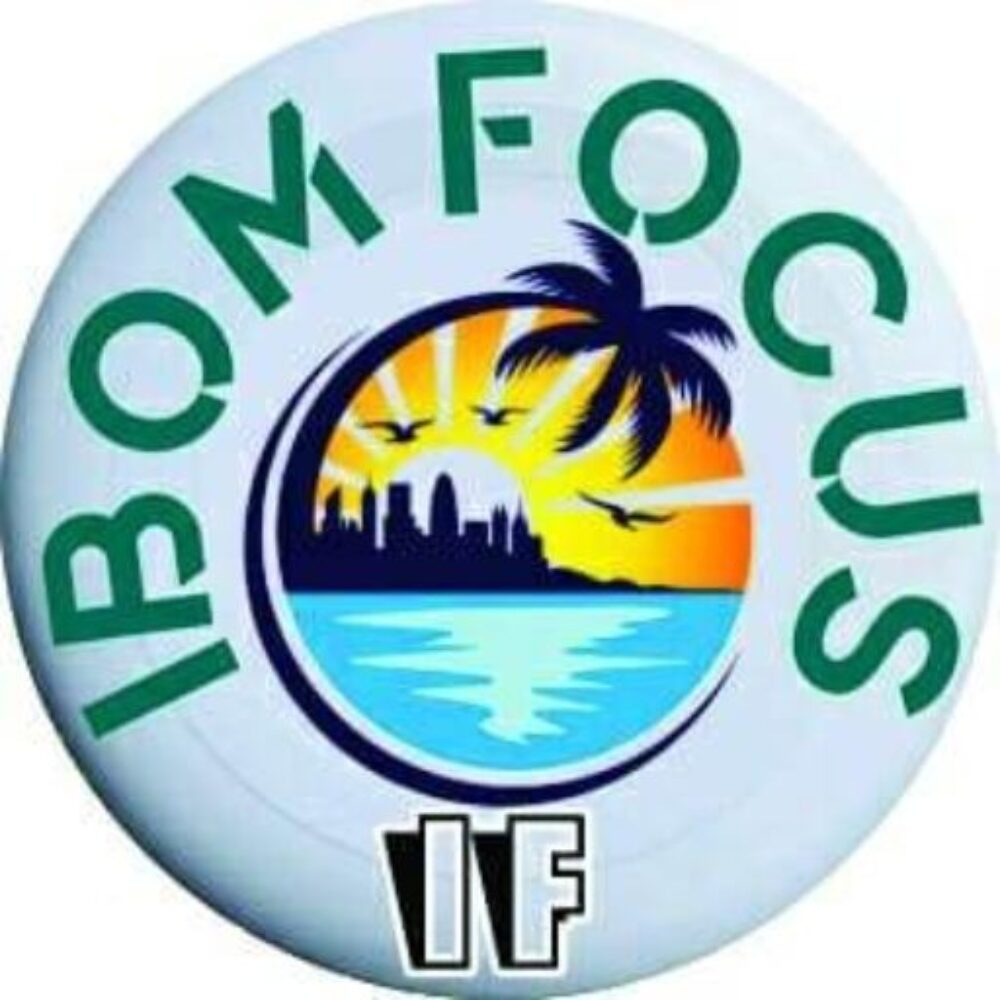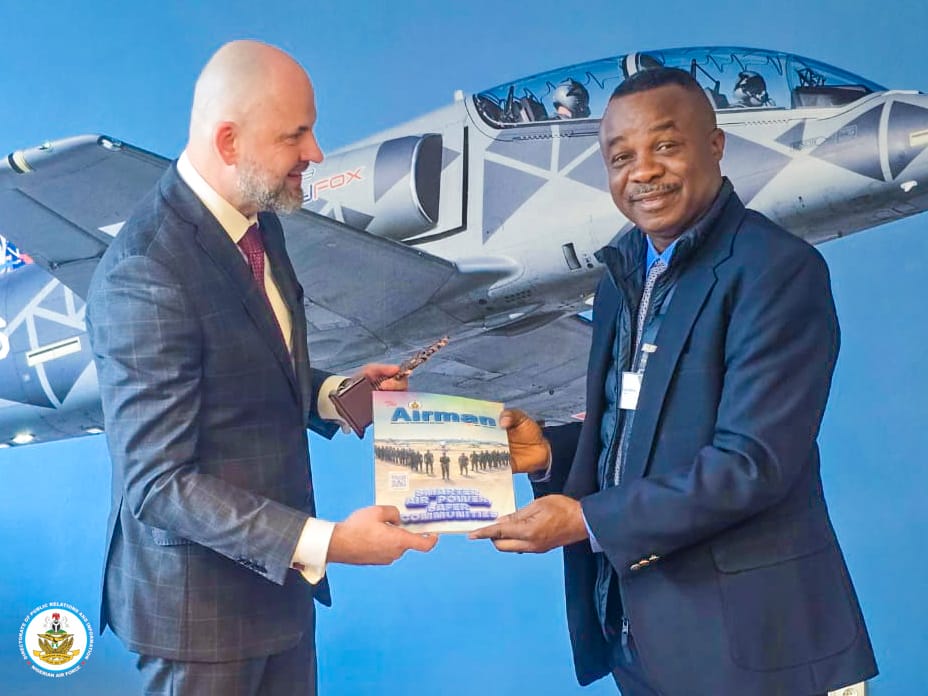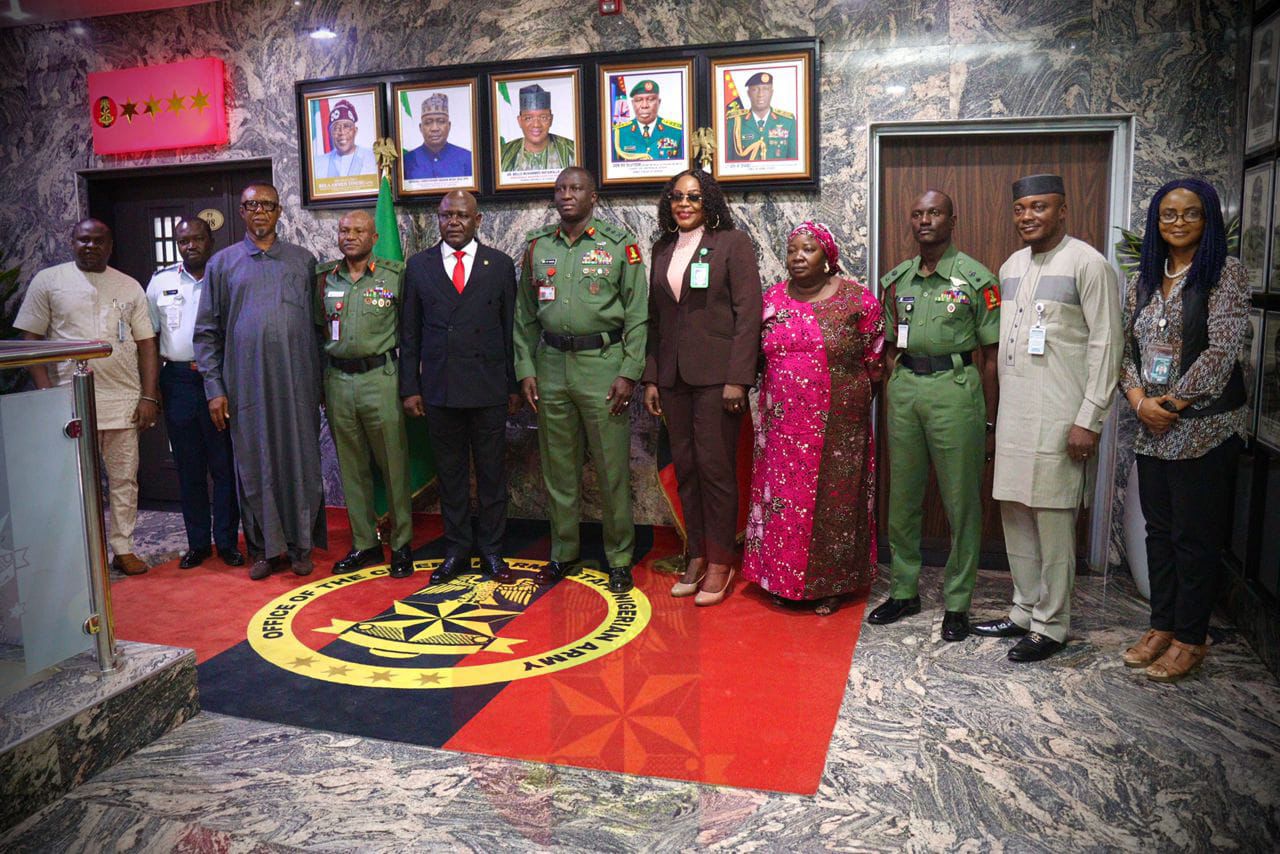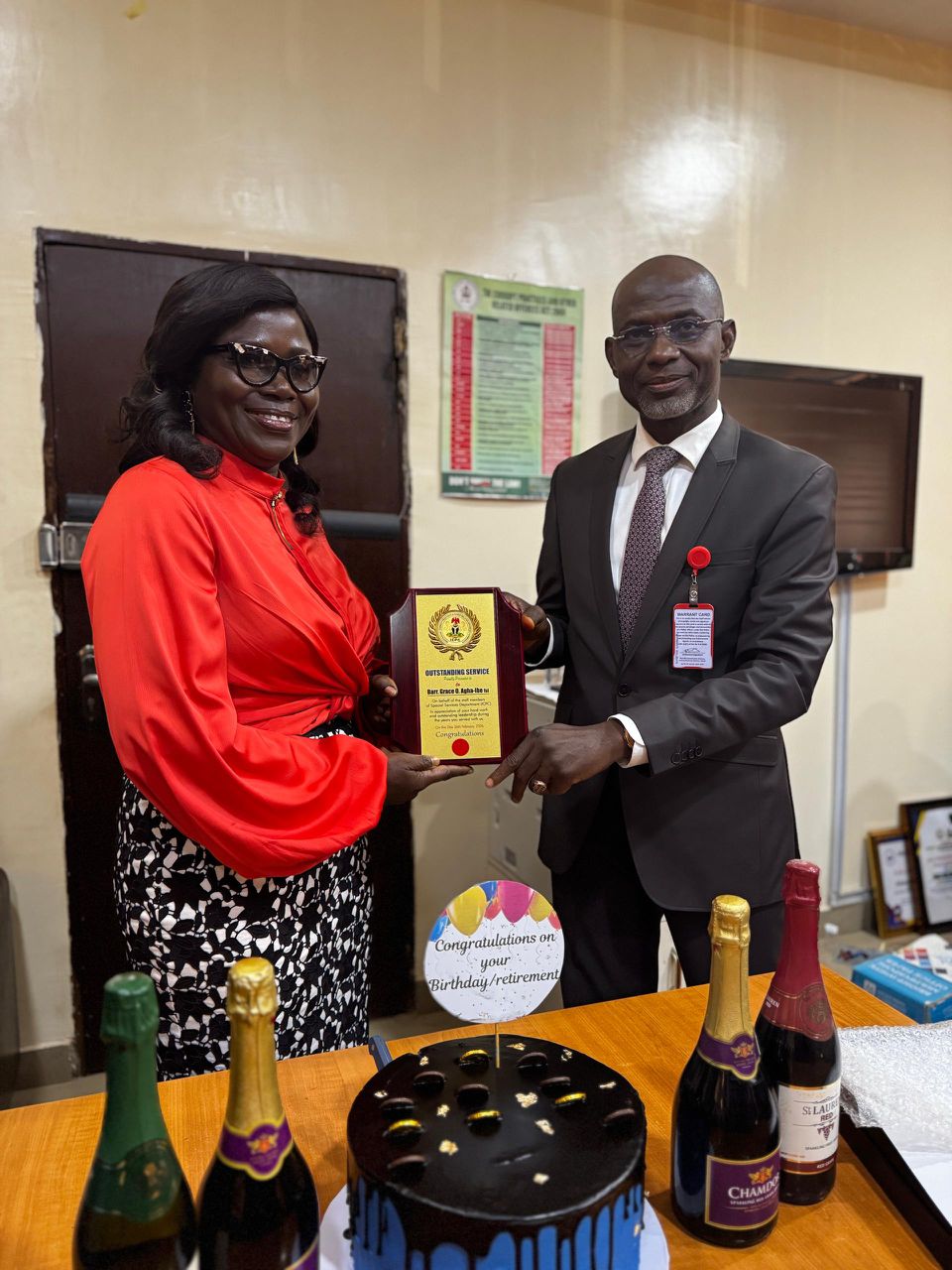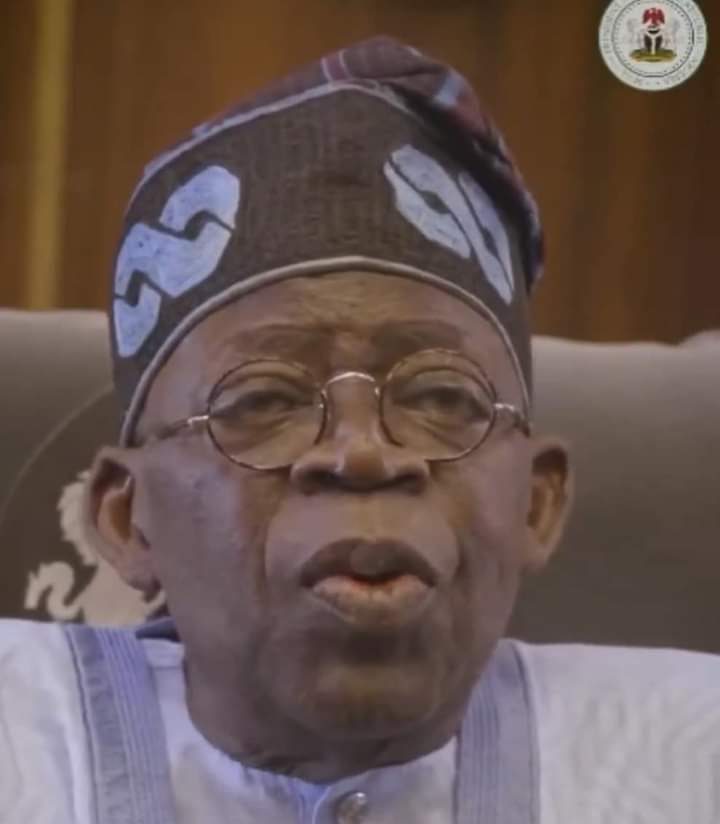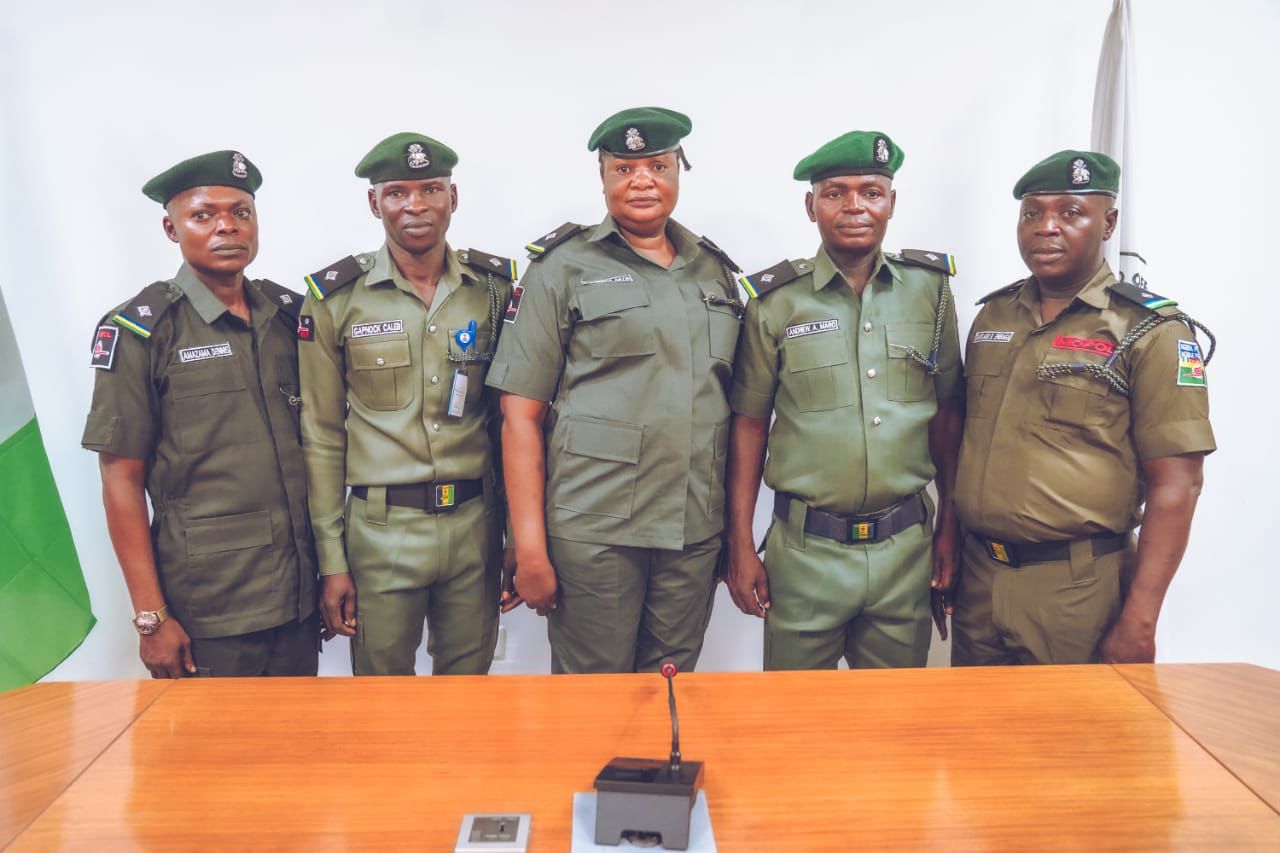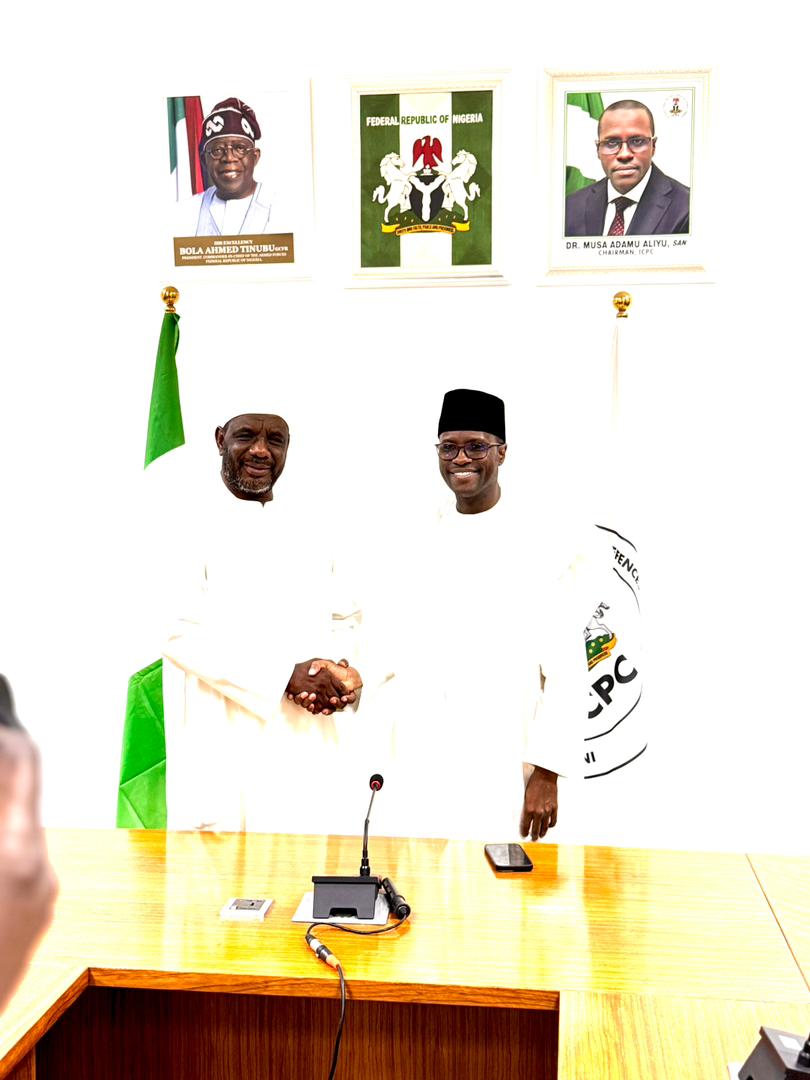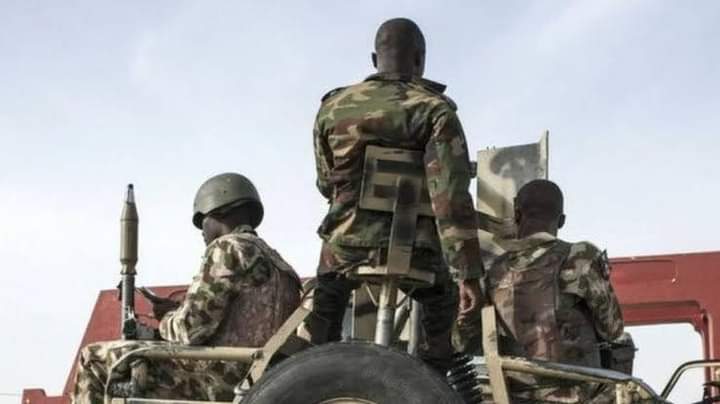
Army Invades Another Delta Community, Arrests Many, Burns House
Troops of the Nigerian Army conducting a cordon-and-search operation over the March 14 killing of 17 military personnel at Okuama in Ughelli South Local Government Area, Delta State, yesterday invaded another community, Olota, and allegedly whisked away no fewer than 10 persons.
This came on a day Senior Advocates of Nigeria, SANs, and retired judges ripped apart the Board of Inquiry constituted by Defence Headquarters to investigate the March 14 killing of military personnel at Okuama in Ughelli South Local Government of Delta State, saying it had no powers to do so.
But Vanguard could not reach Prosper Evuarherhe, the President-General of Olota, but an eyewitness said the military men left with the community’s chairman, Matthew Olokpa, and over 10 others.
He said: “The over 200 soldiers entered Olota in three gunboats this morning (yesterday). They held the Chairman, Matthew Olokpa, Bigi Edjekpewhu, German Obiokute, Kenneth Okorodudu Atua, and others.”
The witness disclosed that the soldiers razed some houses in the community, 50 kilometres from Okuama, and took with them almost all the speedboats they sighted in the jetty.
“Gunshots roared in Olota today (yesterday); we ask those in authority to intervene and tell the soldiers to leave Olota in peace. They left with those apprehended, no fewer than 10 persons. They burnt Germany’s house and two others and destroyed one.
“They also left with many speed boats at the jetty belonging to residents. They beat the community chairman to a stupor before they moved him with the others, along with a 75-engine-powered boat belonging to Kenneth. This latest crisis may not be connected with Okuama.”
Recall that the army had visited the same community and others, including Arhavwarien, Orere, and Omosuomo, more than a week ago, searching for arms and ammunition snatched from the dead soldiers and fleeing suspects.
Meanwhile, Senior Advocates of Nigeria, SANs, and retired judges have ripped apart the Board of Inquiry constituted by Defence Headquarters to investigate the March 14 killing of military personnel at Okuama in Ughelli South Local Government of Delta State.
They told the federal government that the correct thing to do was to institute a judicial commission of inquiry into the incident or ask Delta State government to set one up.
The military panel, headed by Air Vice-Marshal David Ajayi, started sitting, Wednesday, in Warri. However, Okuama community, whose leaders and lawyer, said the displaced residents were hiding and suffering in the forests because of the cordon-and-search operation by the Army, rebuffed the hearing.
But six representatives of Okoloba community in Bomadi Local Government Area, whose boundary dispute with Okuama triggered the tragic episode, appeared before the Ajayi-led board of inquiry on Wednesday afternoon, while officials prevented reporters from covering the proceedings.
Speaking to Vanguard, Olorogun Albert Akpomudje, SAN, and Life Bencher, former Attorney-General of Akwa Ibom State, Uwemedimo Nwoko SAN, and retired President of the Delta State Area Customary Court, Miakpor Emiaso, said the Chief of Defence Staff, CDS, did not have the power to set up a public inquiry into the Okuama incident.
Olayiwola Afolabi, SAN, and Chief Magistrate E.O Eferakoro, retd., advised the federal government to order the Army to vacate Okuama.
Army can’t set up a public inquiry—Akpomudje, SAN
Akpomudje, the Otota (Prime Minister) of the ancient Olomu Kingdom in Delta State, said in his reaction: “A public inquiry will mean that members of the public will have access to go and say their mind because it is an inquiry. Is that what they have set up? The Chief of Defence Staff does not have those powers.
“It is unknown that an internal inquiry within the army cannot be open to the public? May be he can do that just to ascertain some facts.
“However, an inquiry that will touch on how the whole scenario of the killings in Okuama happened is not a matter for the Army to do. We are asking the federal government to set up that inquiry. If not the federal government, then Delta State government.
“Now, on the issue of whether the army has powers to do investigation, well, with the greatest respect, what investigation? Is the military going to investigate itself?
“That is why it is said that you cannot be a judge in your matter; they should leave that to either the federal or the state government to do.
“When it comes to investigation, it is the police that will do it, independent of the component of the police force in the Joint Task Force, JTF, he is talking about a combined team of several security outfits, and does not have the jurisdiction and power to conduct the investigation.”
Army, a concerned party, can’t institute inquiry —Nwoko, SAN
Uwemedimo Nwoko SAN, who spoke to Vanguard in Uyo, capital of Akwa Ibom State, said: “Yes, 17 soldiers were killed, and the event that occurred was, of serious, consequence but the government should set up the board of inquiry, not the Army, to ensure transparency in that process, it is important.
‘The government should set up the board of inquiry itself, not the military because it is an interested party. The Army is already a victim, so they cannot set it up.
“Whatever the federal government is doing must abide by the rule of law. Whether it involves individuals, communities, civil security agencies, or the military, the important thing is that the government must work within the confines of the rule of law.
“So much damage has been done in that community, the government should engage the survivors. It should be able to stop the security pressure from the situation that occurred.
“Secondly, it should find out the extent of damage, how many people have lost their lives, because it was not the militants that killed the soldiers that are suffering; it is innocent people that suffered the brunt that escalated on their heads.
“The government, particularly to manage the environment, should find out how many people died and see what procedure can be adopted to ensure that the place is sanitized.”
Independent body should conduct probe—Emiaso, ex-president, customary court.
In Delta State, retired President of the Delta State Area Customary Court, Miakpor Emiaso, said: “It is not about constitution, we are talking about fairness, canons of natural justice that you cannot be a judge in your case.
“If Defence Headquarters sets up a panel, the panel will have allegiance to Defence Headquarters which may have an overbearing influence over such a panel. Therefore, the outcome of the efforts of that panel would be suspect. We may not get an objective result from the efforts.
“We have suggested that since the military are the ones that are primarily affected by this dastardly act, they should allow an independent body to carry out the investigation.”
The military should hand suspects to police —Afolabi, SAN
Reacting to the military board of inquiry, Edo-based Olayiwola Afolabi, SAN, asserted: “The federal government should order the military to vacate the place immediately, they should leave the place, they have no right to take over the community. It is wrong.
“The Inspector General of Police should be empowered to take over all arrested suspects, so they can be investigated and then be prosecuted.
“The Attorney General of the Federation has the power to order the military to disband that panel; we are not in a banana republic.
“What the military has done in setting up a board is wrong, it is unlawful because the people concerned are not military officers, it is criminal, you must go to the regular court, there is a Supreme Court decision on this matter, you can only do this if the people involved are military.”
Villagers should recover corpses of their dead — Chief Magistrate Eferakoro, retd,
Retired Chief Magistrate E.O Eferakoro told Vanguard in Warri: “What the army did cannot be right, they cannot be a judge in their case. The army has questions to answer, so they should leave the investigation to a neutral body like the police.
“The position of the law is that if they do not see dead bodies, it means nobody is missing. Do they have the number of people living in Okuama? You cannot accuse somebody of murder if you cannot bring the physical body. Therefore, if they announced a figure, they should produce the number of dead bodies in a tally. The army is aware of this.
“The first thing Mr. President should have done was set up a judicial commission of inquiry, where all sides, including the army, will appear before it. This judicial commission of inquiry should be set up, let the army come, and give reasons for being in the community.”
Time to call military to order —Urhobo Renaissance Society
Also reacting to developments at Okuama yesterday, Urhobo Renaissance Society, URS, said though killing of the 17 military personnel was lamentable, Okuama prople should be allowed to breathe.
Secretary of the group, Dr. John Uwa, said: So far, the military has pointed accusing fingers at the people of Okuama as the culprits since the mutilated bodies of the soldiers were found floating on the Forcados River which run by Okuama.
”We dare say that this is an allegation which has not been proven by any investigative panel. While the Urhobo people commiserate with the families of the slain soldiers and offer her condolences to the federal government of Nigeria for which the military serves as a symbol of power, we cannot continue to be silent in the face of the deliberate act to wipe Okuama off the face of the earth as embarked upon by the Nigerian Army.
”What is happening at Okuama is a tragic instance of scapegoating intended to destroy an entire community by a military that abandoned the rules of engagement with citizens as enshrined in global best practices. The military has turned its arsenal against the citizens it should be protecting. Okuama has become victim of state violence.
”The premise that the people of Okuama are victims of state malevolence is now glaring to all with the conflicting utterances coming from the peak of the military high command. The Chief of Defence Staff, General Christopher Musa, has offered four different narratives on the Okuama incident.
